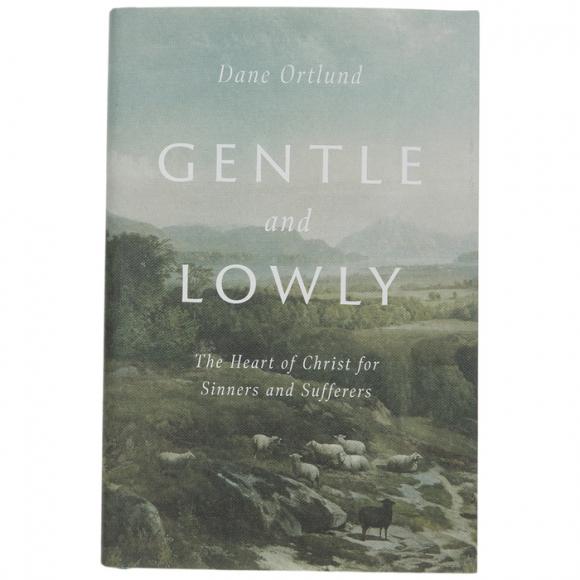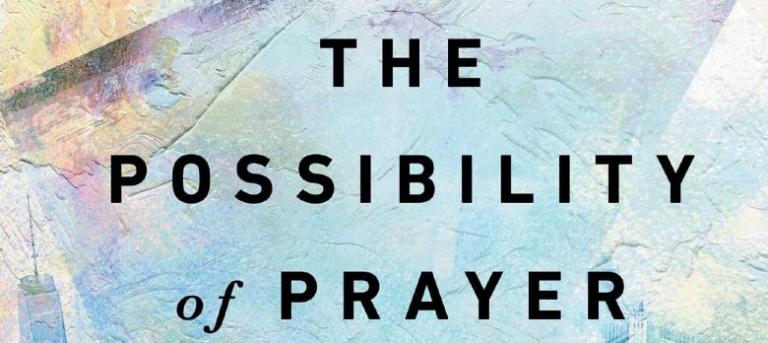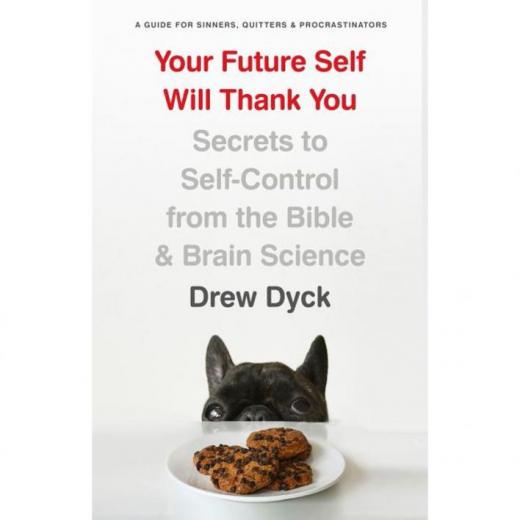
Very few books are durable and lasting enough for others to write books about them, but Charles Taylor’s A Secular Age continues to inspire other authors to write guides for others to better understand and apply his work. James K.A. Smith carried this out a few years ago with his book How (Not) to Be Secular. This year, on the tenth anniversary of A Secular Age’s release, The Gospel Coalition published a book of thirteen essays, edited by Collin Hansen, that carry on the work of helping Christians grasp Taylor’s message and live in light of his insights.
Taylor, a Catholic philosopher, helps us to better understand the context in which we live and minister, but unfortunately, the length and depth of his work make it seem inaccessible to many. Therefore, the authors of Our Secular Age: Ten Years of Reading and Applying Charles Taylor have done us a great favor by diving into different aspects of Taylor’s work and helping us apply it to our own communities.
Here were my favorite quotes from Our Secular Age:
The key theological question for our secular age, then, is this: Does God get to be God? The answer, even for many self-described Christians is, ‘No, only on our terms.’” (Collin Hansen, 6)
“I mentioned that Taylor helped me answer, ‘Why Reformed Theology today?’ Here’s how: You really only have two options in a secular age. Either God is for you, on your own terms, or God sets the terms. And Reformed theology, with doctrines such as unconditional election, revels in the triune God as transcendent and inscrutable, yet immanent and sympathetic. God is no mere cosmic butler. To read about a God who doesn’t merely cater to our whims, you’ll need help from theologians of earlier generations. At least for a growing minority of young evangelicals, Jonathan Edwards is still their homeboy, more than 10 years later.” (Collin Hansen, 7)
“Compared to our ancestors, we have a bigger problem with evil and suffering. They lamented evil and suffering– and they experienced more of it than we do. Meanwhile, we demand answers from God and engage in theodicy.” (Collin Hansen, 7)
“Where you see holiness, sacrifice, and love, you see religion that delights in God, religion that can survive in a secular age.” (Collin Hansen, 11)
“Human nature isn’t a psychological or even merely social construct. And our constant efforts to deny that truth can only end in disaster.” (Carl Trueman, 21)
“When the plague spread across England between 1348 and 1350, the Church of England called for periods of intense prayer and fasting. But in the 1990s, in response to the HIV/AIDS crisis, the church of England called for more government funding for medical research. We tend to think that shifts like this derive merely from explicit intellectual attacks on a ‘Judeo-Christian worldview,’ but even those of us who do affirm orthodox Christianity divide inwardly between praying for our daily bread and knowing that it’s always there at the grocery store.” (Michael Horton, 23)
“Belief in God has not disappeared; we simply no longer need him for meaning and significance.” (John Starke, 42)
“Christianity has lost (a significant amount of) its home-court advantage. It is now one of a wide array of competitors on the market, some of which have the benefit of being significantly more malleable to the sexual and economic ethics of the late-modern West.” (Derek Rishmawy, 53)
“It is not enough to simply defend the Gospel. Present the way it interrogates the dominant, unquestioned narratives of our hearers–on meaning, money, sex, power, politics, gender, and so forth–and actually makes better sense of the world than any other view on offer.” (Derek Rishmawy, 59)
“Churches interested in reaching millennials need to become skilled in that sort of patience that graciously makes space for the questioner, the cross-pressured unbeliever. The church must not be a place prone to overreaction, or quick to provide conversation-stopping clichés (which inadvertently produce reactive questioners.) Questions and dialogue must be welcome.” (Derek Rishmawy, 61)
“When churchgoing becomes mostly about finding the church that best supports one’s own ‘spiritual path,’ Taylor seems to suggest, it will eventually become an impossible task, more frustrating and draining than it is worth.” (Brett McCracken, 77)
“For a church to meet and affirm every congregant in his or her totally unique, individuated spirituality is to fragment in a hundred different directions, losing any sense of a beautiful, transcendent core that makes church matter in the first place. A better approach is to call the congregation, in its diversity, to meet Christ where he is, even if it means asking people to redirect or abandon their various self-defined spiritual paths. The lordship of Christ, not the lordship of consumers, should always hold sway.” (Brett McCracken, 84)
If we wish to make the gospel once again imaginable in our liberal society, we must offer a storied community who embodies its truth.” (Bruce Ashford, 90)
“In a public square in which citizens are shouting each other down, we must build churches and communities that incubate Christian virtue.” (Bruce Ashford, 95)
“The Christian community needs to draw on Kuyper and others to cast a vision in which culture is not reduced to politics. We should take the broad view of cultural influence by working faithfully to renew every dimension of culture–not merely politics, but marriage family, art, science, business, and education. Our political witness–especially in a Secular context–will gain plausibility from a unified and faithful presence in society’s many spheres. Additionally, we need to play the long game by not putting all of our hopes in short-term power political plays. Short-term activism has its place, but its ability to shape society and culture is limited, and it can tempt us to sacrifice long-term witness on the altar of short-term political gain.” (Bruce Ashford, 97)
“Our ethic is not autonomous freedom, but obedient love.” (Jen Pollock Michel, 122)
“Like Jesus, we are free to deprive ourselves so another might flourish.” (Jen Pollock Michel, 122)
“Today’s church has been woefully unaware of how deeply the Cartesian split between mind and body has influenced our culture.” (Bob Cutillo, 130)
“To regain the proper place of the body in human destiny, there is no greater gift than God himself inhabiting fragile flesh and dwelling among us.” (Bob Cutillo, 130-131)
“Though the excarnation of our age presents unique challenges, the basic dilemma of the neighbor on the road still remains the same. We worry with the priest and the Levite, ‘What will happen to me if I go near?’ while we wonder with the Samaritan, ‘What will happen to him if I don’t?’ The surprise of the incarnation is to discover that crossing the road is the path to true health for both of us.” (Bob Cutillo, 134)
Related Posts:
“The Best Quotes from The Tech-Wise Family“
“The Best Quotes from 12 Ways Your Phone is Changing You“











